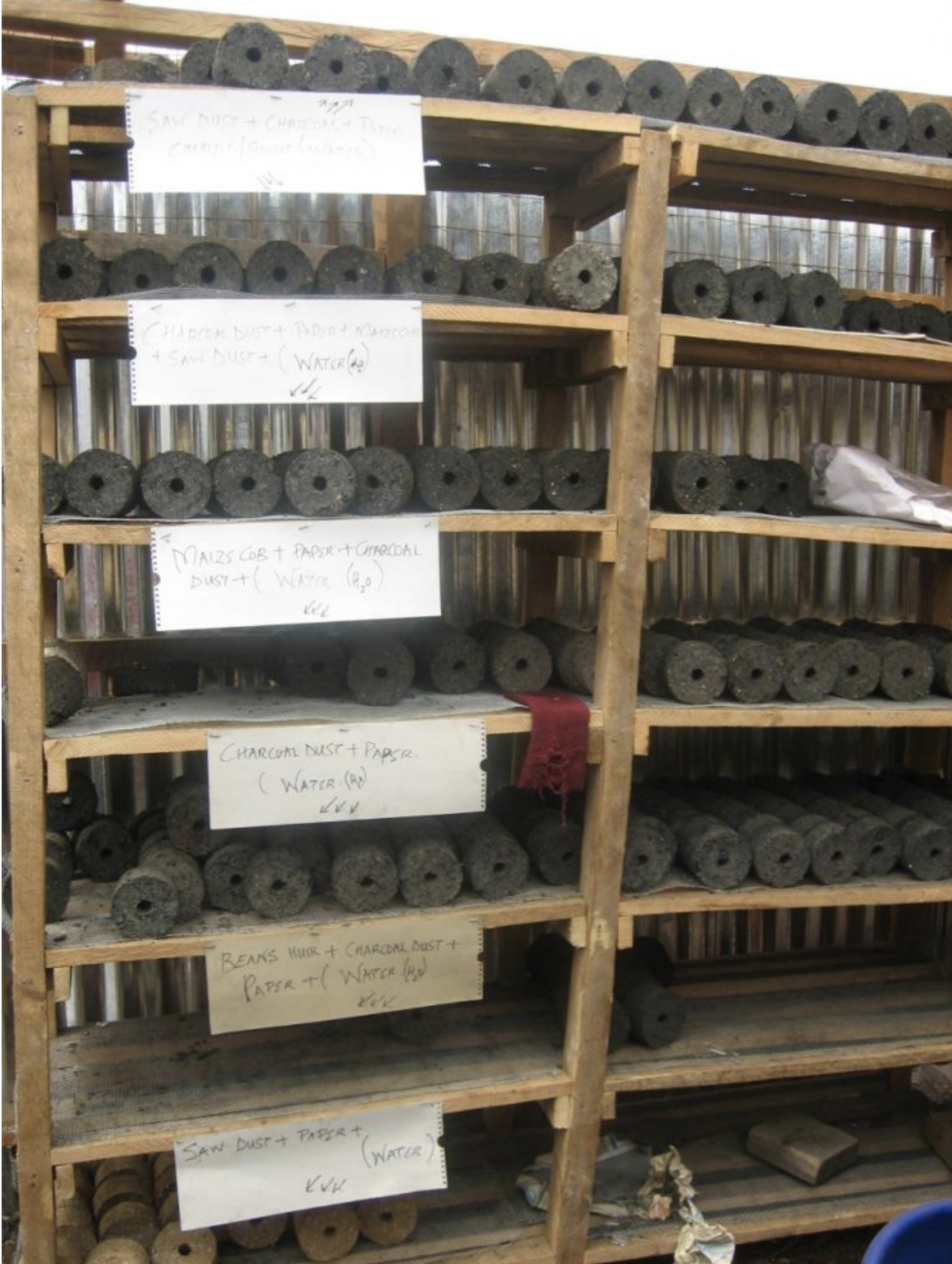Rockflower is pleased to announce that following the success of their project, Promoting Smokeless Fuel & Sustainable Incomes for Women, Flicker of Hope will be scaling this project and bringing it to new communities. Flicker of Hope aims to organize and empower vulnerable rural populations in drought prone areas of Kenya, with an emphasis on women and children, by helping them to build sustainable livelihoods and to empower the communities to become self-reliant.
They will follow the same two-fold strategy to bring smokeless bio-briquettes and cookstoves to the Boose Village, one of the poorest communities in the county and will work to reduce deforestation, utilize untapped resources, increase public health, and provide income to rural women through the production of smokeless bio-briquettes. The briquettes are made primarily from brush and bushes, which until now have not been utilized as a resource and also inhibit forest growth. Currently, the main sources of fuel are firewood, charcoal and kerosene. The first two produce smoke which is both unhealthy and contributes to pollution, and kerosene is often in short supply.
This phase of the project will employ 400 women to produce the briquette charcoal from wood waste and farm debris as an alternative energy source to fuel homes, institutions and businesses in villages and towns. This energy source will be a more affordable option for families and businesses and will help rehabilitate land through agroforestry and promote the planting of trees on farms.
This project is in line with Kenya’s national priorities for environmental preservation. Flicker of Hope will provide education around the local effects of deforestation and climate change as well as the benefits of utilizing bio-briquettes instead of burning wood in homes. They will also create entrepreneurial opportunities for women in rural villages who may not have other sources of income.
Overall, Flicker of Hope aims to solve multiple problems with one simple, innovative solution. The organization is scaling their reach and to empowering more women to gain income, while aiding in public health, reforestation, replenishing watersheds and tapping an underutilized natural resource.

